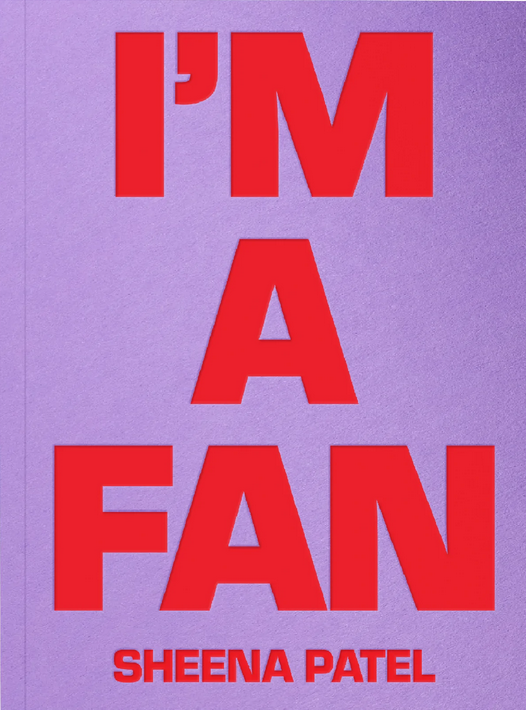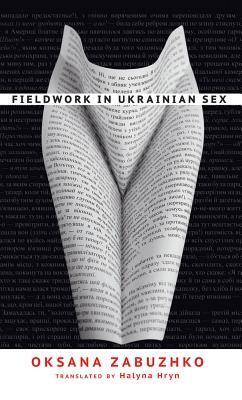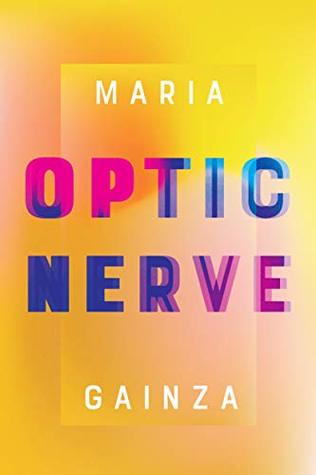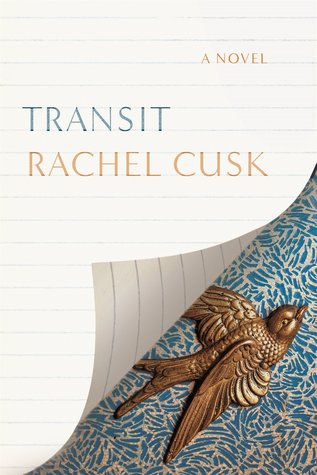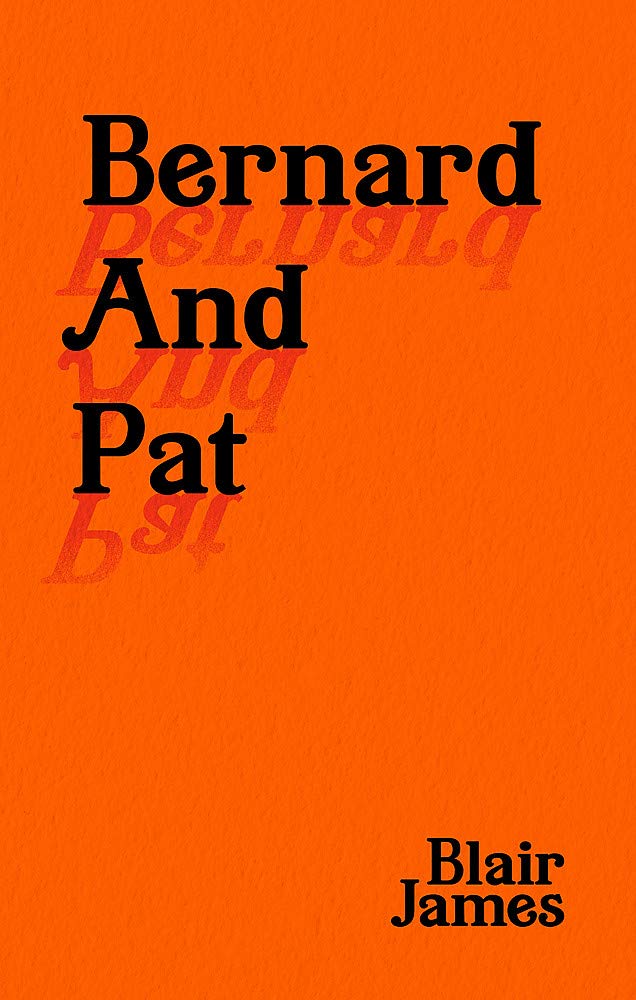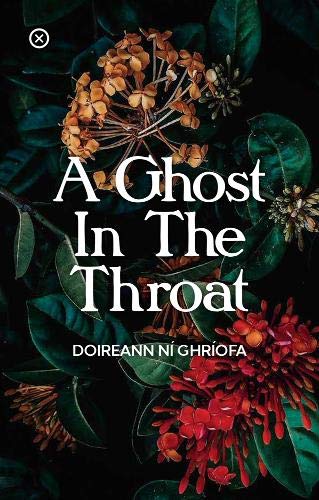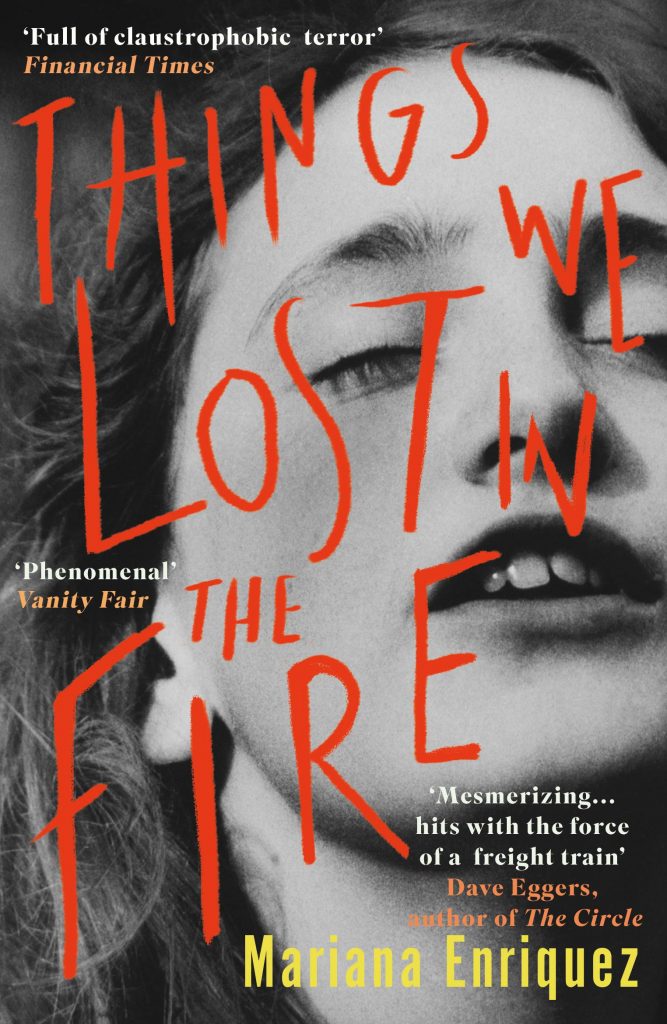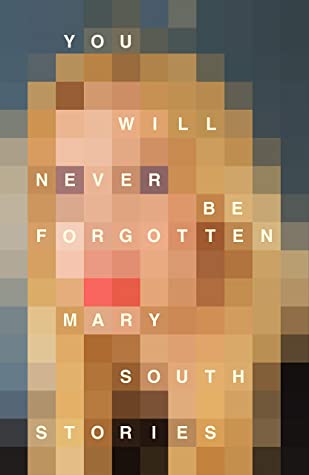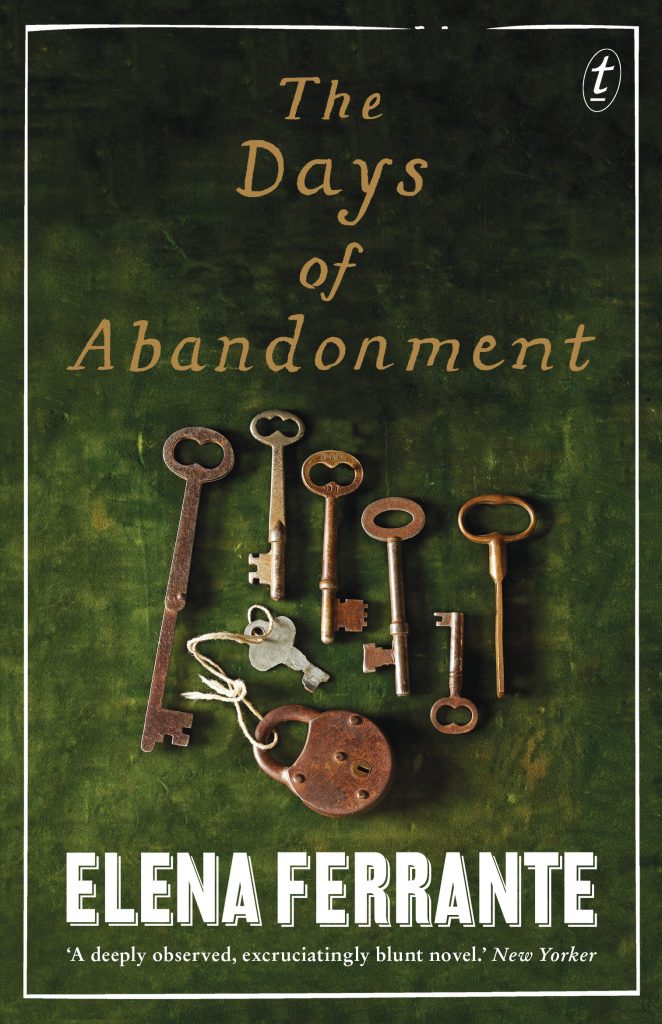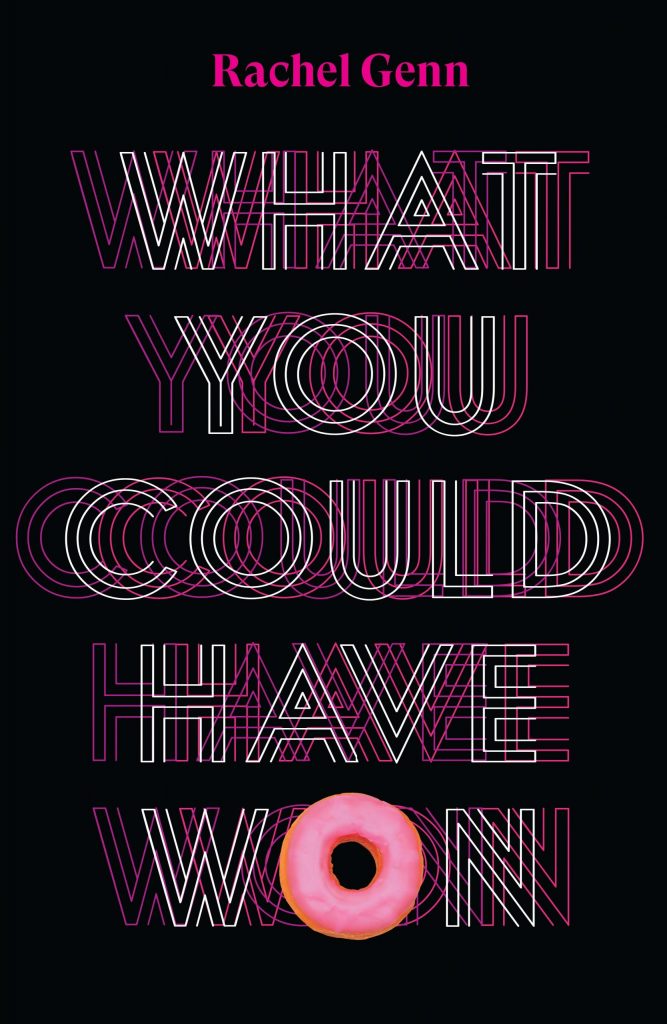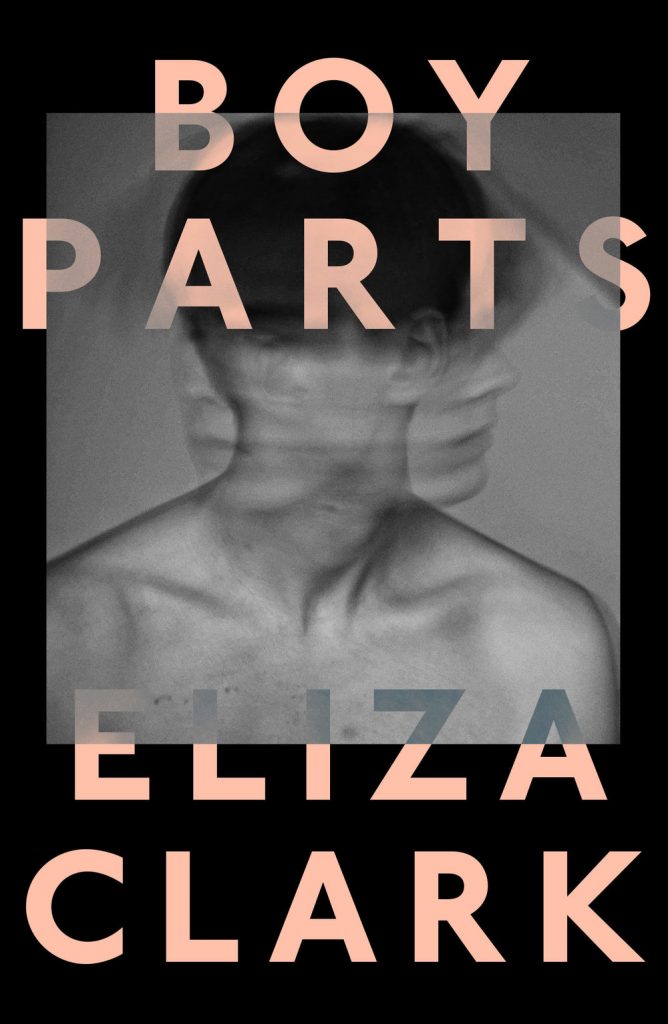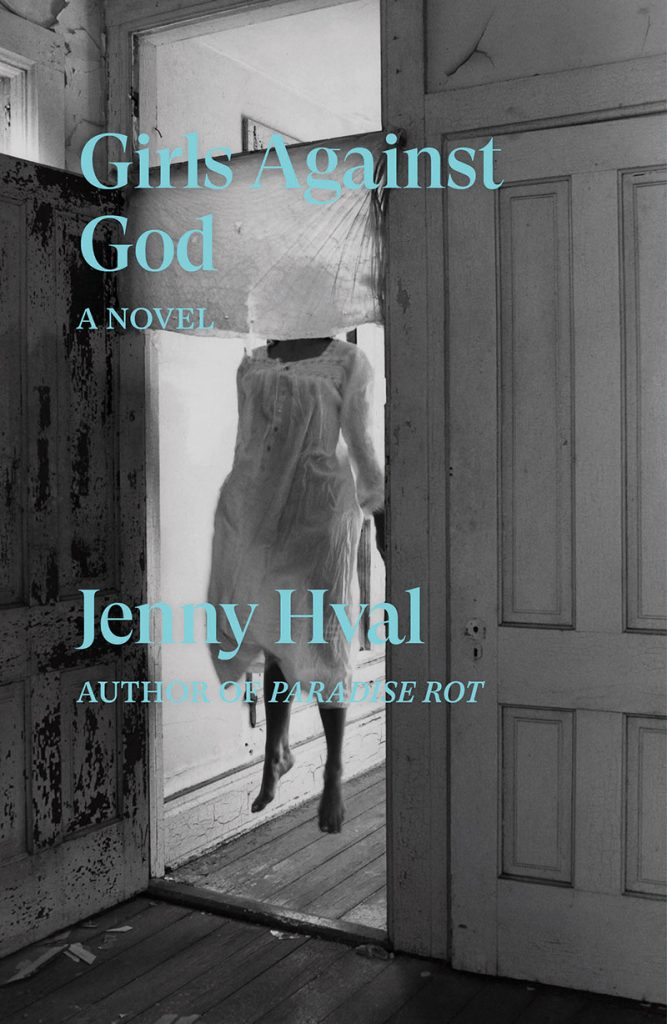One of my final reads of last year was Julia Armfield’s debut novel Our Wives Under the Sea, a book I’d long been meaning to catch up with and which, in a year dominated by books about grief, turned out to be one of the most powerfully original treatments of the subject I encountered. Armfield’s second novel Private Rites – one of my first reads of this new year – is as powerful in its own way as Our Wives, as technically well achieved and is if anything even more daring in its use of speculative materials.
Private Rites is a novel of a near future in which climate change has fundamentally altered the rhythms and expectations of everyday reality. Rain falls incessantly, weakening the physical structure of the built environment and devastating the agricultural landscape. Power outages and a general scarcity of goods have become the norm. Isla Carmichael, a psychotherapist, is determined that the life and career she has made for herself should continue as before. Her sister Irene lives in her sister’s shadow, resentful and regretful that her own academic ambitions were thwarted by the unfolding climate disaster. Their younger half-sister Agnes, mysteriously abandoned by her mother when she was still an infant, lives pragmatically from day to day, rarely in touch with her siblings and seemingly unable to form meaningful relationships with anyone. As the novel opens, the sisters have been forced together to organize the funeral of their father, a famous architect. Brilliant and utterly ruthless, he has left his mark on every aspect of their lives, most of all in separating them so decisively from each other.
I’ve seen Private Rites compared with Shakespeare’s King Lear – three conflicted sisters, one mad father, one dubious inheritance – and the influence of Lear’s structure and family dynamic is certainly apparent. In its forensic examination of the corrosive effects on siblings (and especially half-siblings) of growing up under the dominance of a divisive, ultra-powerful parent, the novel will no doubt also be made to stand alongside the US TV drama Succession. None of this is to the bad – these are stellar examples to be set against. In the case of Succession especially, I would point to the character writing – the paring-apart of the relationships between those siblings – as the most relevant comparator. In talking about Succession with others I have frequently been surprised to hear people speak of the Roy siblings as ‘all awful!’ because – and this entirely on account of that magisterial characterisation, which reveals each sibling’s personality and predicament in unsparing totality – I came to love them all.
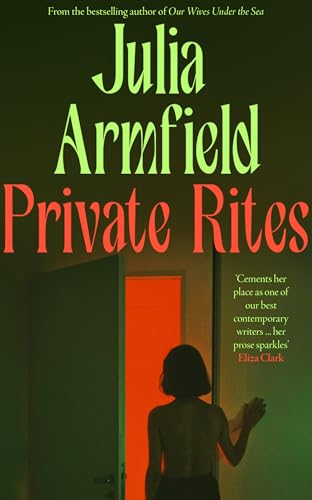
The same can be said of Isla, Irene and Agnes in Private Rites. Armfield openly points to her characters as being ‘unlikeable’ – whilst in the same moment revealing through the feelings and thoughts of those who do love them how they are equally unsparing of self and vulnerable to hurt.
But Armfield is talking about more than family feuds. As a novel about climate change, Private Rites is impressive on several levels. In its imagining of a partially submerged London, navigable only by ferries and ‘water taxis’, comparisons will inevitably be drawn with Ballard’s The Drowned World, though I for one don’t find them especially useful. Ballard, who used the form of the disaster novel as a frame through which to observe the human psyche, was never particularly interested in the natural environment other than as a tool in his imaginative lexicon; Armfield, writing at a distance of sixty years and from an entirely different vantage point, employs the language and imagery of climate change not as a backdrop but as her novel’s central and most urgent subject matter. Here is a world in which the most socially disadvantaged communities are left – literally – floundering. Here is a world in which your neighbour’s house and then your own might – literally – slide underwater in the aftermath of the most recent downpour.
Though it spends three-quarters of its length examining them, Private Rites ultimately dismisses the sisters’ squabbles and even their trauma as secondary issues, vanished in less than a second in the face of a greater and more universal catastrophe. As the novel nears its end, Armfield takes an enormous risk. ‘It’s the wrong genre’, one sister protests, as the action appears to veer off the main highway, screech-turning instead into a dark thoroughfare clogged with rubbish and simmering with violence. Armfield has done her foreshadowing – note the symbolism of The Omen, the passing mention of Sergeant Howie’s misguided search for Rowan Morrison in The Wicker Man, the reference to Auden’s poem on Breughel’s The Fall of Icarus, ‘Musée des Beaux Arts’ – but it’s so subtle we do not realise its full significance until later. Nonetheless, and though I spent some time after finishing the novel wondering if Armfield’s rug-pull was an act of madness or a stroke of genius, I came down on the side of the latter, and her rash and strange denouement feels fully earned.
More than that, it transforms the book at a stroke from a novel set in a time of climate change to a novel that tackles the subject of climate change as its core subject matter. From a novel that uses speculative materials to a novel of science fiction, a metaphor for itself. The choice Irene and Isla make at the end – an almost instantaneous renunciation of the past in an acceptance of a future that must be shared, no matter what it looks like or who gets to see it – also had me thinking about a much older work of science fiction, one that affected me deeply when I first read it, but that resolves a similar point of crisis in the opposite direction.
Ward Moore’s story ‘Lot’ was first published in The Magazine of Fantasy and Science Fiction in 1953, and it is distinctly strange for me to realise that this seminal piece of short fiction is now more than seventy years old. I first encountered it around 1980, in the Penguin Science Fiction Omnibus, edited by Brian Aldiss and one of my set texts for English Literature ‘O’ Level. This volume – a compendium of three successive SF anthologies Aldiss edited for Penguin in the 1960s – was published in 1973, and was the book that first made me fully aware of ‘science fiction’ as a distinct category, a type of fiction that had its own specifically definable characteristics and that could be discussed, if one so chose, wholly within and with reference to those parameters.
This was the volume that introduced me to Isaac Asimov’s ‘Nightfall’, Frederik Pohl’s ‘The Tunnel Under the World’, Algis Budrys’s ‘The End of Summer’, Tom Godwin’s ‘The Greater Thing’ and Robert Sheckley’s ‘The Store of the Worlds’. Already I gravitated naturally to science fiction stories that emphasised realistic background detail and strong characterization – my first taste of Ballard, via the astringent ‘Track 12’, left me mystified and mostly indifferent – and it was for this reason that of all the stories in the omnibus it was ‘Lot’, with its Biblical connotations and vividly evoked quotidian setting, that made the strongest and most lasting impression.
‘Lot’ is classic Cold War science fiction of the 1950s. The protagonist is David Jimmon, a Los Angeles insurance salesman with a wife, Molly, and three children: David Junior (known as Jir), Erika, and Wendell. As the story opens, they are about to leave their home in Malibu for an uncertain future. A nuclear strike on the USA a few days earlier has devastated Pittsburgh. A second missile has recently detonated further down the coast. Jimmon, who values ‘foresight’ above all else, has made plans to take his family north, loading their station wagon with enough basic provisions to give at least a chance of life in a brutal new world where ‘the docile mass perished, the headstrong (but intelligent) individual survived’.
I remember my ‘O’ Level essay about the story in which I used quotes to demonstrate how Moore illustrates the widening gulf between the world inside the car and the reality outside by pitting trivial domestic arguments against the fragments of news that emerge in fits and starts from the Jimmons’ car radio. Molly Jimmon is unable to fully accept the finality of what is happening, a failure of imagination that leaves her husband struggling to retain his composure. As they inch their way up the traffic-jammed Interstate, David Jimmon comes increasingly to see both Molly and his two sons as ‘dependent. Helpless. Everything on him. Parasites.’
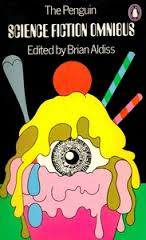
Jimmon’s sexism is deeply ingrained but with US science fiction of this era that is pretty much par for the course. What raises ‘Lot’ above the watermark is its attention to detail. Moore’s skilful depiction of an average American family confronted with a crisis they are not equipped to deal with makes the disaster on the horizon all the more real. Even today, the story is devastating, claustrophobic, the sense of panic palpable. It brings back a lot of memories, both of my own early reading of SF and the fear of nuclear war that still persisted well into the eighties.
‘Lot’ is a fine piece of writing, showcasing some of the central themes and concerns of 1950s SF. It is also fascinating for what it reveals about the author’s own attitudes. For a large part of the story, Moore appears to be ‘with’ David Jimmon in his rising contempt for Molly and the two boys. But Jimmon’s final decision to abscond with Erika, leaving the rest of his family stranded at a gas station is clearly intended to be shocking – most of all because the reader is made complicit, persuaded by Jimmon’s conviction he has no choice in the matter. That if he does not act ruthlessly to save himself and the more competent Erika, then they are all doomed anyway.
And there are hints that Moore means us to think the opposite, that Jimmon is as unprepared to face reality as Molly and the boys. Still blaming Molly for persuading him to leave a job he had enjoyed, still stewing over her possible infidelity with an old boyfriend, Jimmon’s decision to leave his wife behind is as much tied up with petty resentment as with practical necessity. ‘He had purposely not taxed the cargo capacity of the wagon with transitional goods,’ Jimmon congratulates himself. ‘There was no tent, canned luxuries, sleeping bags, lanterns, candles or any of the paraphernalia of camping midway between the urban and nomadic life.’ If Jimmon believes he is suitably equipped to transition from his accustomed mode of existence to raw survivalism in the course of one night, he is surely as deluded as Molly.
The moral dilemma that ‘Lot’ examines is not unlike that presented in Tom Godwin’s ‘The Cold Equations’. Published just a year later in 1954 and one of the most famous SF stories of that decade, it enshrines the same ‘big boys don’t cry’ attitude that tends to permeate much SF of the period. What the protagonists of these stories fail to acknowledge – perhaps they are incapable of seeing it – is that while they hold the end to justify the means, the means will fundamentally and forever alter the nature of the end. David Jimmon’s biggest failure of imagination lies in not understanding what his abandonment of his family might cost him, how little a life gained at their expense could possibly be worth.
This is precisely the question Ursula Le Guin seeks to address in her 1973 Hugo-Award-winning short story ‘The Ones Who Walk Away from Omelas.’ I have never been fond of that story because – inconsequential SFnal stylings aside – it is cribbed more or less entirely from Dostoevsky and adds little in the retelling. Julia Armfield interrogates some of the same ideas with power, depth and an urgency befitting of the present moment. In her novel’s final pages, the Carmichael sisters face their future head on, and their thoughts are all of each other, no matter the cost.
